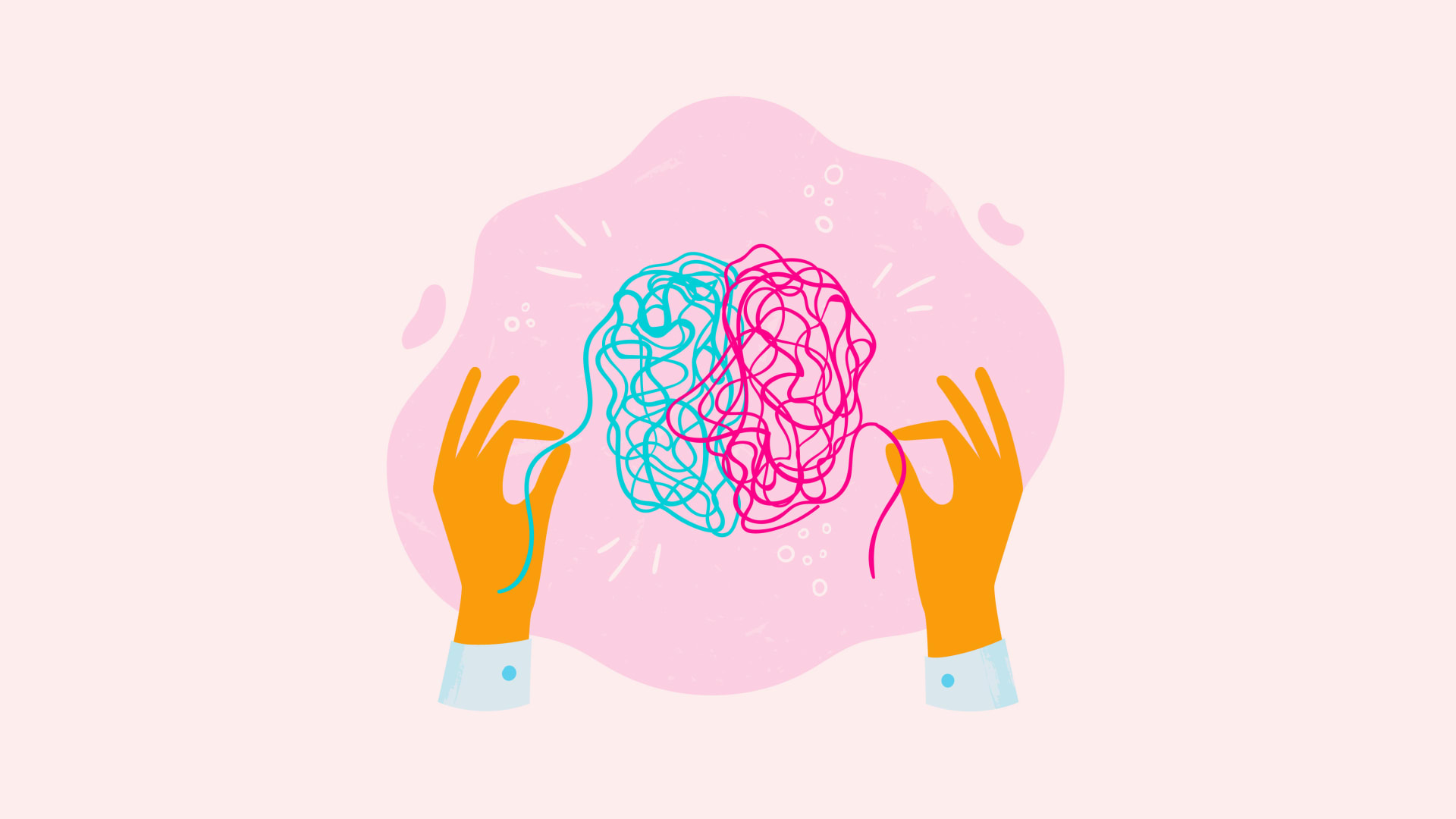
Understanding Mental Health: A Comprehensive Overview
Explore the complexities of mental health, its significance, common disorders, and ways to promote well-being.
Defining Mental Health
Mental health encompasses our emotional, psychological, and social well-being. It influences how we think, feel, and act in our daily lives. A vital component of overall health, mental health affects our decision-making, how we handle stress, and our interactions with others. Unlike physical health, mental health can be more challenging to recognize and quantify, as it involves both visible and invisible elements. The World Health Organization emphasizes that mental health is not merely the absence of mental disorders; rather, it is a state of well-being in which individuals realize their abilities, can cope with normal stresses, work productively, and contribute to their community. Understanding mental health requires recognizing the spectrum of mental conditions, from common issues like anxiety and depression to more severe disorders such as schizophrenia and bipolar disorder.
The Importance of Mental Health
The importance of mental health cannot be overstated, as it affects every aspect of our lives. Good mental health is crucial for maintaining relationships, achieving personal goals, and contributing positively to society. Poor mental health can lead to a range of problems, including decreased productivity, strained relationships, and physical health issues. Furthermore, mental health problems can lead to severe consequences such as substance abuse and self-harm. Addressing mental health is essential for fostering a supportive and understanding society. Encouraging open conversations about mental health helps to destigmatize it, making it easier for individuals to seek help and support. Recognizing the signs of mental health issues early on can lead to better outcomes and more effective management of these conditions.
Factors Influencing Mental Health
Several factors influence mental health, including biological, psychological, and social elements. Biological factors can include genetics, brain chemistry, and physical health conditions. Psychological factors involve emotional resilience, coping mechanisms, and personality traits. Social factors encompass relationships, cultural influences, and life experiences. Traumatic experiences, such as abuse or loss, can significantly impact mental health. Similarly, ongoing stress from work or personal life can lead to mental health challenges. Socioeconomic status also plays a role, as financial stress can exacerbate mental health issues. Understanding these factors helps in identifying potential risks and developing strategies to improve mental well-being. By recognizing the complex interplay of these elements, we can create a more holistic approach to mental health care.
Recognizing Mental Health Disorders
Mental health disorders are characterized by a combination of abnormal thoughts, perceptions, emotions, behavior, and relationships with others. Common disorders include anxiety disorders, mood disorders, and psychotic disorders. Anxiety disorders involve excessive fear or worry, while mood disorders, such as depression and bipolar disorder, affect a person's emotional state. Psychotic disorders, including schizophrenia, involve distorted thinking and awareness. Recognizing the symptoms of these disorders is the first step toward seeking treatment. Symptoms may vary widely among individuals, but common indicators include changes in mood, withdrawal from social activities, changes in sleep patterns, and difficulty concentrating. Early intervention can significantly improve the prognosis for individuals with mental health disorders.
Treatment and Support Options
There are various treatment and support options available for individuals experiencing mental health issues. Psychotherapy, or talk therapy, is one of the most common treatments, involving conversations with a trained therapist to explore thoughts, feelings, and behaviors. Cognitive-behavioral therapy (CBT) is a popular form of psychotherapy that focuses on changing negative thought patterns. Medication, such as antidepressants or antipsychotics, can also be prescribed to manage symptoms. Support groups provide a sense of community and shared experiences, which can be invaluable for those struggling with mental health issues. Additionally, lifestyle changes, including exercise, a balanced diet, and stress management techniques, can positively impact mental well-being. It's important to remember that treatment plans should be tailored to the individual, as what works for one person may not work for another.
Promoting Mental Health Awareness
Promoting mental health awareness is crucial for creating an environment where individuals feel safe to seek help and support. Education plays a vital role in dispelling myths and reducing the stigma associated with mental health issues. Schools, workplaces, and communities can implement programs that focus on mental health education and support. Encouraging open discussions about mental health can lead to early detection of issues and more effective interventions. Campaigns and initiatives aimed at raising awareness can help normalize mental health conversations, making it easier for individuals to reach out for help without fear of judgment. By fostering a culture of empathy and understanding, we can support those struggling with mental health issues and work towards a healthier society for all.